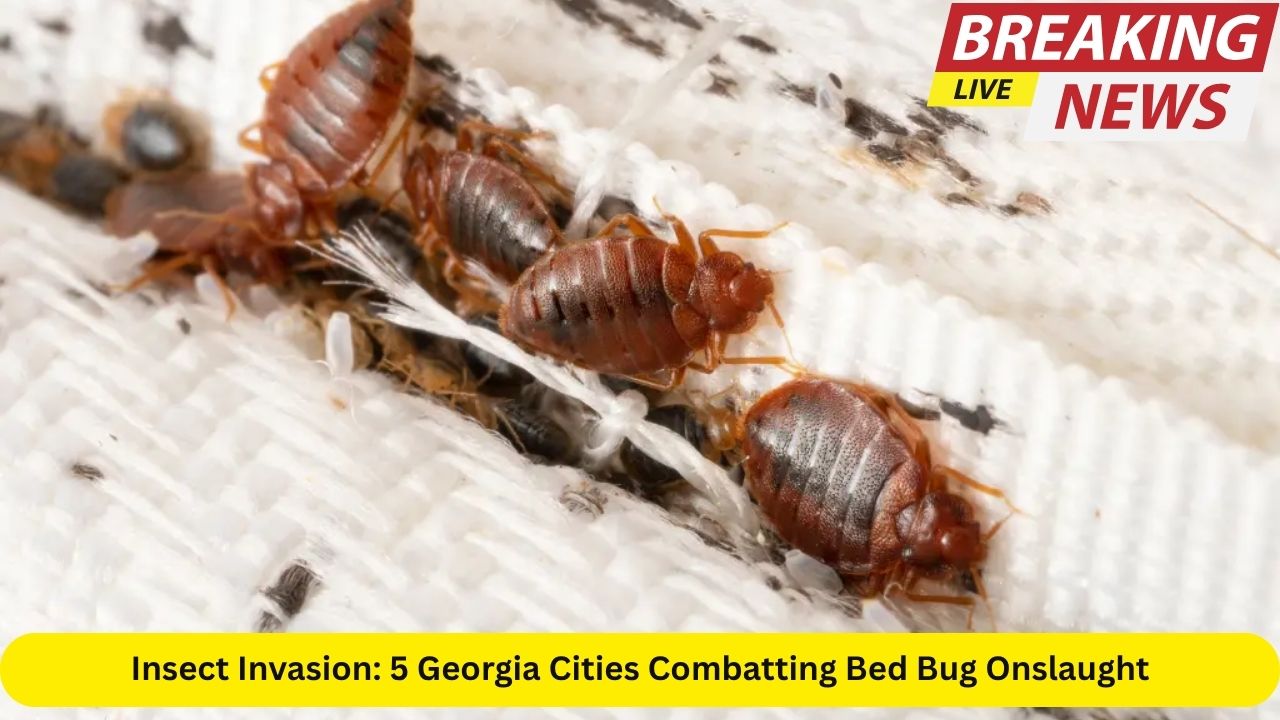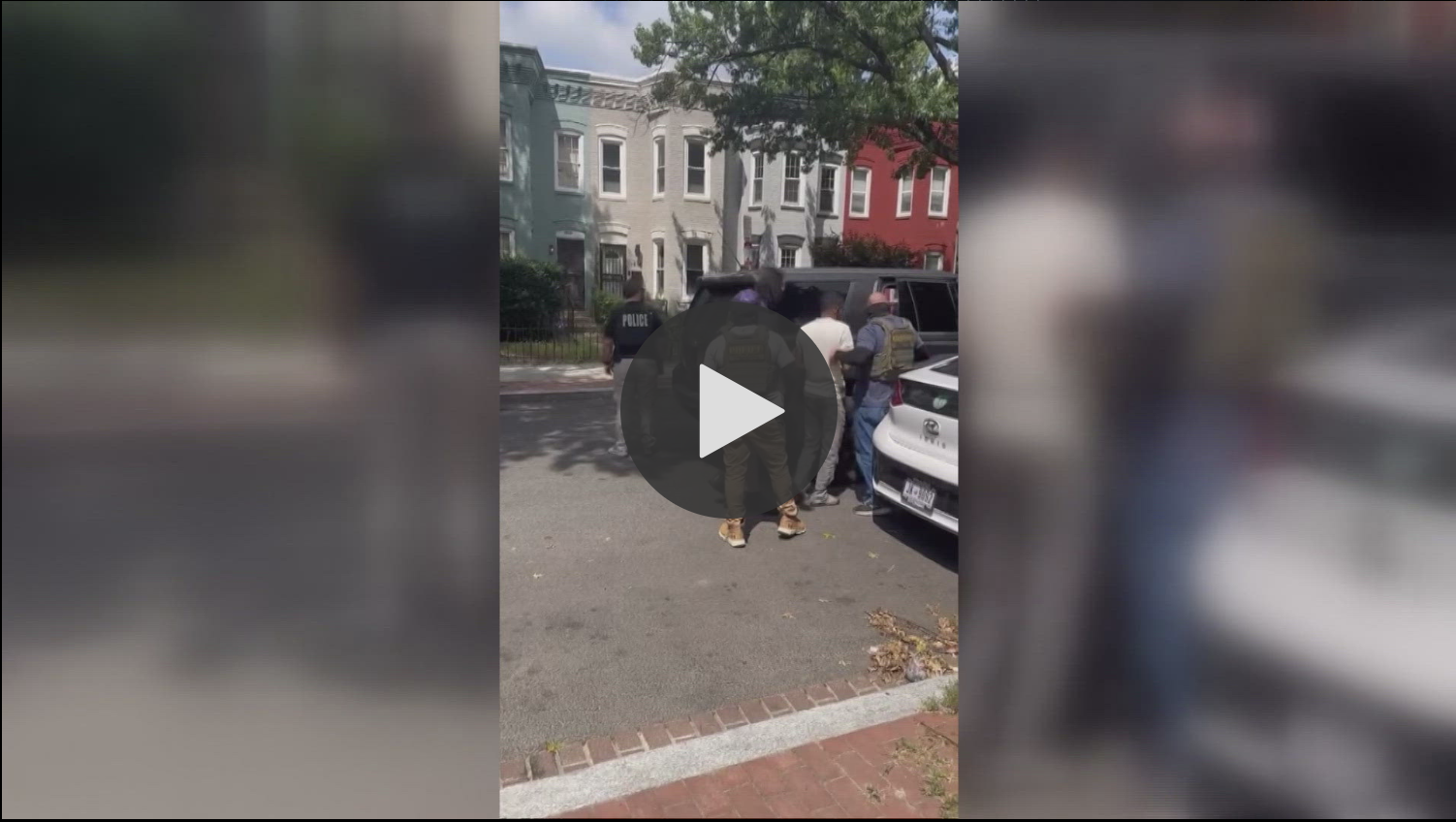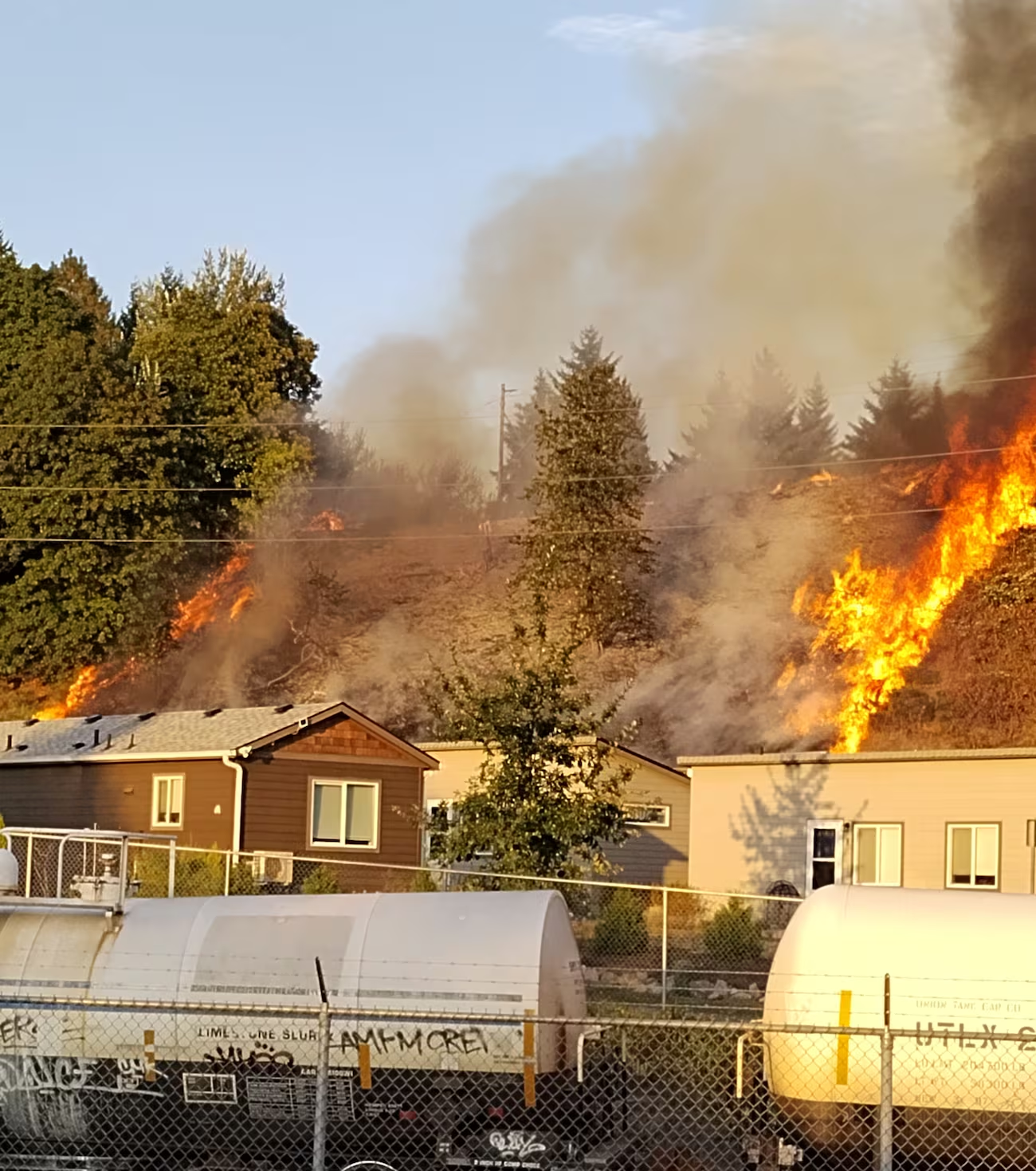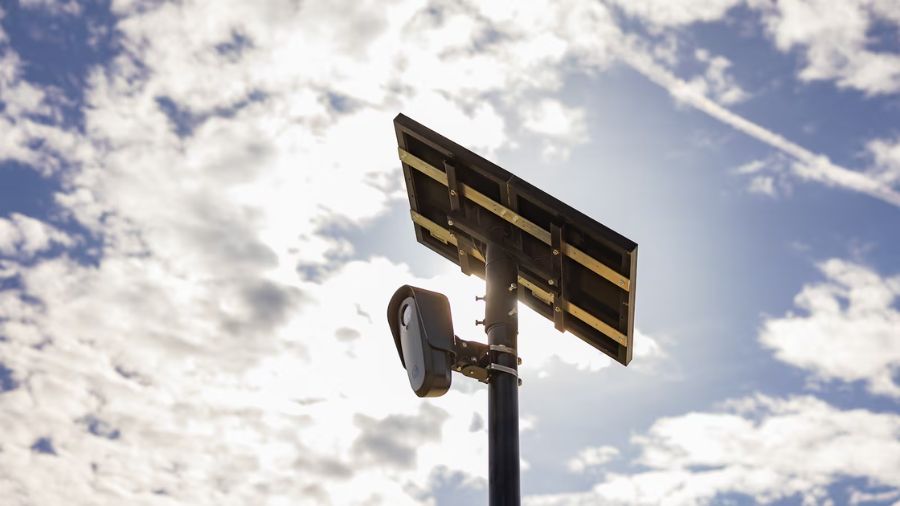Georgia is under attack – not by hurricanes or political scandals, but by something much smaller, harder to detect, and extremely stubborn: bed bugs. Once thought to be a relic of the past, bed bugs have resurged with a vengeance in the Peach State. In 2025, multiple cities in Georgia are reporting record-high infestations in homes, schools, hotels, and public transit.
This blog delves deep into the top five cities currently struggling with the worst bed bug outbreaks, examining the causes, impact, and what local communities are doing to fight back.
Why Georgia? The State’s Vulnerability to Bed Bugs
Georgia’s climate, economy, and travel habits make it a prime breeding ground for bed bugs. The warm, humid weather is ideal for their reproduction, while dense populations in urban areas give them plenty of human hosts. The state’s booming tourism, thriving apartment complexes, and student housing also provide the perfect ecosystem for infestations to thrive.
The insects are especially hard to detect early, and many property owners wait too long to take action, allowing infestations to spread across entire buildings or neighborhoods.
Atlanta – The Epicenter of the Bed Bug Problem
Atlanta is consistently ranked among the top U.S. cities for bed bug problems, and in 2025, the situation has worsened significantly. With a metro population exceeding 6 million, the city’s massive apartment housing sector and hospitality industry have created the perfect storm for infestation.
Hotspots:
-
Downtown hotels report high turnover and multiple cases.
-
MARTA transit seats have required fumigation.
-
College campuses like Georgia State University have issued warnings.
Local pest control services say they’ve seen a 32% increase in bed bug service calls compared to last year. Some apartment tenants have reported battling infestations for over six months, with little response from landlords.
The city council is considering new ordinances to hold landlords accountable, requiring quarterly pest inspections for apartment complexes over a certain size.
Augusta – Hotels and Apartments Under Siege
Augusta, Georgia’s second-largest city, known for the Masters golf tournament, is experiencing its own hidden battle. Behind the green lawns and scenic riverwalk lies an infestation crisis that has hit both the hospitality and residential sectors hard.
Problem Areas:
-
Mid-priced motels on Washington Road frequently cited.
-
Section 8 housing developments have logged dozens of complaints.
-
Military housing near Fort Gordon also reported isolated incidents.
Augusta saw a 28% rise in pest control claims related to bed bugs this spring. City health inspectors discovered that some motels were cleaning rooms superficially between guests, failing to treat underlying infestations.
In response, city officials have launched a Bed Bug Awareness Task Force, educating residents on signs of infestation and subsidizing low-income treatments through grants.
Savannah – Tourism Brings More Than Visitors
Savannah has always been a popular destination, known for its cobblestone streets and Southern charm. But its bed bug issue is quietly growing, driven largely by tourism traffic and historic buildings.
Many historic inns and short-term vacation rentals built in the 1800s offer character but lack modern pest protection. The combination of antique wooden bed frames and heavy drapery provides ample hiding spots for bed bugs.
Key Concerns:
-
Airbnb complaints have nearly doubled since last year.
-
Major tourism zones like River Street and Historic District are high-risk areas.
-
Visitors unknowingly spread bugs to other hotels or transport them home.
The city has responded with strict guidelines for vacation rental operators, requiring quarterly pest certifications for any property listed on booking platforms. Despite efforts, Savannah remains one of Georgia’s most vulnerable cities due to constant traveler turnover.
Macon – Bed Bugs in Schools and Public Housing
In Macon, the infestation has crept into public schools, libraries, and low-income neighborhoods, making it not just a household problem but a community-wide concern.
In late 2024, a bed bug was spotted crawling on a student’s backpack, prompting an inspection of an entire elementary school. The school board confirmed it was an isolated incident but began monthly inspections in all school buildings.
Hard-Hit Areas:
-
West Macon housing projects
-
Local shelters
-
Bibb County public schools
Community health groups estimate that 1 in 20 homes in certain neighborhoods show signs of active infestations. For low-income residents, the cost of extermination – often $500 or more – is unaffordable.
A coalition of churches and nonprofits has stepped in, helping with funding and education campaigns. But the stigma and cost remain major hurdles for many families.
Columbus – Landlords and Tenants at War
Columbus, located near the Alabama border, is facing a unique struggle: legal battles between tenants and landlords over who’s responsible for bed bug treatment.
Renters in several downtown apartment complexes have filed complaints, alleging negligence and cover-ups by property managers. In some cases, tenants who reported bed bugs were evicted instead of assisted, leading to several lawsuits in local courts.
Problem Zones:
-
Multi-family housing in East Columbus
-
Student apartments near Columbus State University
-
Older complexes along Victory Drive
In 2025 alone, the Columbus Department of Public Health received over 400 complaints related to bed bugs. In response, the city is debating legislation to shift treatment responsibilities to landlords and enforce fines for non-compliance.
Tenants, meanwhile, have taken to social media to share their horror stories, causing a reputational hit for several property management firms.
The Health and Financial Impact on Georgia Residents
Bed bugs are more than a nuisance; they are a mental, emotional, and financial burden. The bites cause itchy welts, but the true toll is psychological. Many report insomnia, anxiety, and even PTSD-like symptoms.
Financially, treatment costs vary between $300 to $2,000 per room, depending on the infestation severity. Replacing furniture, missing work, and repeated treatments make it even worse.
For renters in low-income communities, one infestation can lead to eviction, financial ruin, or homelessness. Many insurance policies do not cover bed bug infestations, leaving victims without any safety net.
How Bed Bugs Spread: Myths vs. Facts
Despite public awareness, misinformation continues to fuel the problem.
Common Myths:
-
Only dirty homes get bed bugs – false
-
Bed bugs can fly – false (they crawl)
-
You can get rid of them with DIY sprays – false (often just drives them deeper)
Facts:
-
Bed bugs are expert hitchhikers. They hide in luggage, purses, or furniture.
-
They can live for months without feeding.
-
A single pregnant female can cause a full-blown infestation within weeks.
Understanding these facts is key to preventing further outbreaks.
The Government’s Response and Local Initiatives
At the state level, Georgia does not have a uniform bed bug law, leaving cities and counties to craft their own policies. This patchwork approach has led to inconsistent enforcement and confusion among landlords and tenants.
Some municipalities, like Atlanta and Augusta, have formed task forces and education campaigns. Others, like Columbus, are considering legal reforms.
There is growing pressure on the Georgia Department of Public Health to launch a statewide initiative, including:
-
Tenant education
-
Subsidized treatment programs
-
Legal guidance for disputes
Tips for Prevention and Early Detection
The best defense against bed bugs is early detection and smart prevention strategies.
Prevention Tips:
-
Inspect hotel beds, mattresses, and headboards when traveling.
-
Avoid picking up furniture from the curb.
-
Use bed bug-proof covers on mattresses and box springs.
-
Reduce clutter to eliminate hiding spots.
Signs of Infestation:
-
Tiny dark spots (fecal stains) on bedding or furniture
-
Small blood stains on sheets
-
A sweet, musty odor
-
Live bugs or discarded exoskeletons
If any of these signs appear, professional inspection is strongly recommended.
Pest Control Industry’s Growing Role in Georgia
Georgia’s pest control industry has seen a boom in revenue, thanks largely to rising bed bug cases. Companies specializing in heat treatments, canine detection, and eco-friendly extermination methods are in high demand.
Emerging Trends:
-
Heat remediation systems that kill bugs at 120°F
-
Bed bug-sniffing dogs used in hotels and schools
-
Remote detection tools for landlords and inspectors
Companies are now offering subscription-based prevention packages, which include regular inspections and emergency response services. This could become the new norm in high-risk cities.
What’s Next? The Future of Bed Bug Control in Georgia
Experts agree that bed bugs are here to stay, but with better education, enforcement, and technology, the tide can turn.
Proposals being discussed:
-
Statewide landlord accountability laws
-
Mandatory inspections for hotels and rentals
-
Public awareness campaigns funded by tourism boards
Meanwhile, cities like Atlanta and Savannah are exploring partnerships with pest control firms and universities to study patterns and create smarter strategies.
The future depends on a combined effort from policymakers, residents, businesses, and the pest control industry.
Conclusion
The bed bug invasion in Georgia is not an isolated incident—it’s a statewide epidemic affecting cities both big and small. Atlanta, Augusta, Savannah, Macon, and Columbus each face their own version of the crisis, shaped by population density, tourism, housing conditions, and legal gaps.
But there is hope. With coordinated action, stronger laws, and greater awareness, Georgia can contain this outbreak before it spirals further. Until then, residents are urged to stay vigilant, act fast, and share knowledge.
If you live in Georgia and suspect a bed bug problem, take it seriously. Report it, treat it, and spread the word—not the bugs.
















Leave a Reply